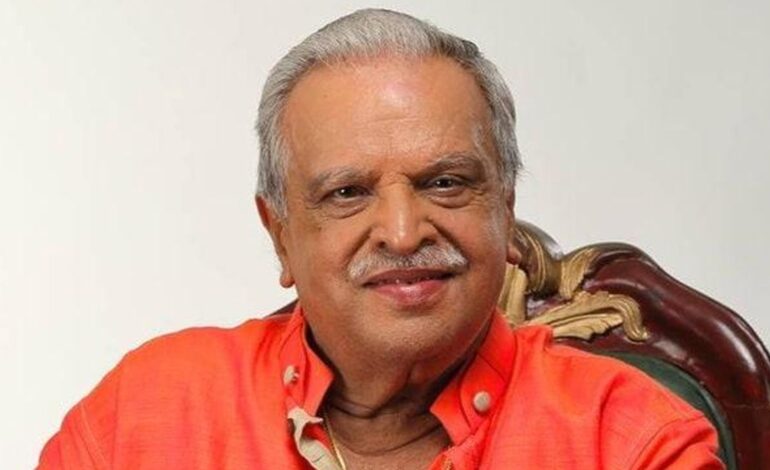
In this intimate memoir, musical program producer and coordinator Rajeev Gopalakrishnan describes his long association, both as a friend and as a professional associate, with P Jayachandran, the legendary singer who passed away on January 9, 2025.
A couple of days ago, as I stood near his mortal remains before it was taken for last rites, I was flooded with memories of this legendary artist and his immortal presence in the lives of hundreds of thousands of music lovers like me. Why is Jayettan and his music so important to me? The answer lies in the uniqueness of his songs. Jayettan’s delivery was one-of-a-kind, his nuanced expressions, subtle breaks, and dynamic modulations were truly inimitable. No one could replicate them, live or otherwise. Each of his songs had his special signature, the stamp of his proprietary art. His creative life fully exemplified the motto “ Art is the most intense mode of individualism that the world has seen”.
Many a time, I have asked him how he managed to craft such seemingly convoluted, but outstandingly beautiful and melodious styles—ones that even composers wouldn’t have conceived. He’d simply smile and say, “It happens.” It truly was an unspoken gift, a tacit genius. As someone who has produced and coordinated musical events of his events too, I have deliberately avoided including Jayettan’s songs in any playlist. The reason is simple: we do not want to hear his songs sung by anyone else. No one can do them justice. That’s a fact! Classics like Manathu Kannikal, Hrudayeswari, Kallolini, Nin Maniyarayile, Rasathi Unnai, and countless others belong to Jayettan alone.

Another remarkable thing about Jayettan was his approach to live performances. Unlike many other artists, he never relied on sound systems or electronic enhancements. For him, music had to be pure, live, and soulful. He didn’t fuss over sound engineering, balancing, or technical aspects. In fact, from my experience, he barely seemed concerned with those details. Jayettan was a singer in the truest sense. He focused solely on delivering his songs with resonant tonal quality and emotional depth.
I’ve witnessed him perform at countless events, and not once did I see him attend a sound check. Everything happened on stage, in real time. In a matter of seconds, he would gauge the system, adjust to the levels, and deliver flawlessly. It was as if he had an innate connection to the stage and the music—it all came naturally to him.
But beyond his extraordinary talent, Jayettan was one of the finest human beings I’ve ever met. A pivotal figure in the history of Indian film music, he carried himself with the humility and simplicity of a common man. There was no ego, no pretension, no air of superiority. He lived life on his own terms, with a distinctive style and a “do-not-care” attitude.
Jayettan was always expressive and authentic—whether he was happy, angry, or sorrowful, his emotions were never hidden. I vividly recall our many musical debates, whether it was about Talat saab, Manna Dey saab, or Rafi saab. There was always a space for argument and agreement !
One of my most cherished memories is from my 50th birthday. It was during the partial lockdown period of COVID-19, and I happened to be in Kerala. Despite the restrictions, Jayettan didn’t hesitate to join me for a quiet lunch at a hotel. It was just the two of us and a mutual friend. That simple gesture spoke volumes about the kind of person he was—genuine, warm, and utterly unpretentious.
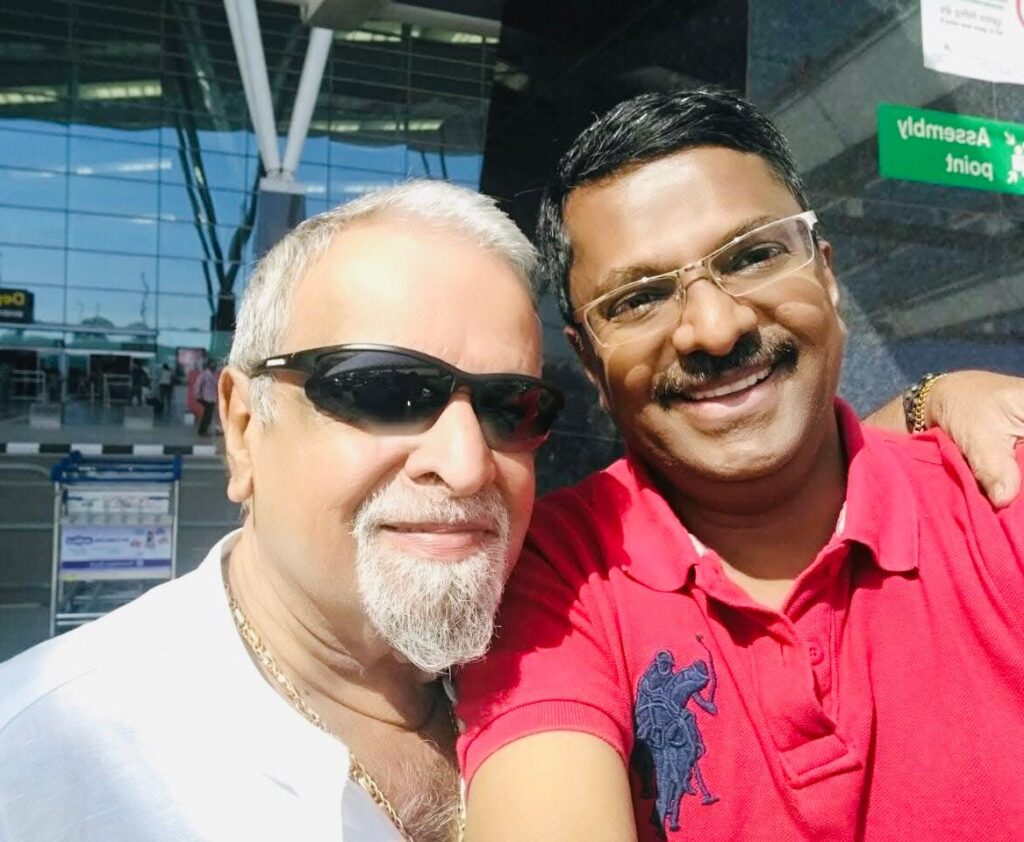
Jayettan was not just a legend of music but also a legend in life, someone who will remain irreplaceable in every sense.
It is very difficult to explain the kind of relationship I had with Jayettan! It certainly started as an ardent fan relationship almost 17 years ago. Later, it evolved into a passionate connection as a musical program producer and coordinator in Bangalore. Eventually, it grew into a unique and undefinable bond where we would talk intensely about the music of classical music maestros such MDR ( MD Ramanatha), KVN, ( KV Narayana Swamy ) the Alathur Brothers, Rajaratinam Pillai and so on. Many, many nights were also spent discussing the works of Talat Saab, Manna Dey Saab, and Rafi Saab. Sometimes comparing the works of legends like MS Viswanathan sir and Ilayaraja sir.
Whenever we spent time together, whether during his visits to Bangalore or during my visits to Kerala, those moments were filled with discussions about music, eateries, and countless other things under the Sun. All contributing to lasting and unique memories marked by mirth and depth.
This bond also took me to his various musical events in Kerala and Tamil Nadu, sometimes just to keep him company. He always wanted to discuss the many dimensions of artistry—sometimes discussing ragas in songs, other times delving into the laya aspects in melams or the works of composers. We always had something to talk about, and those conversations never seemed to end. Indeed, I will miss him forever along with the countless other music aficionados.



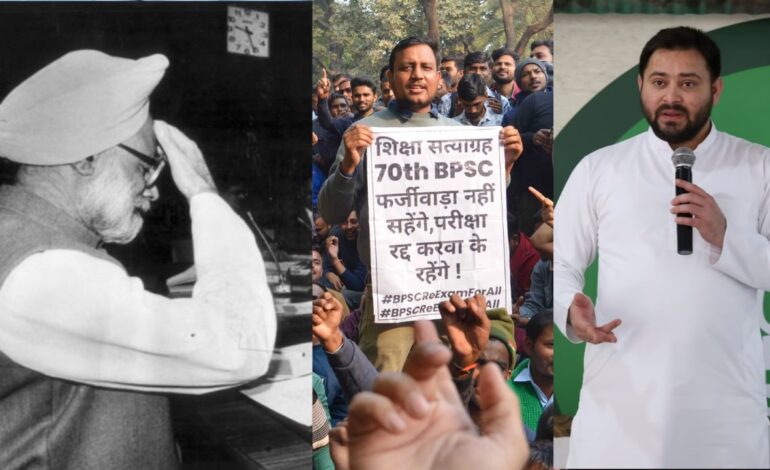
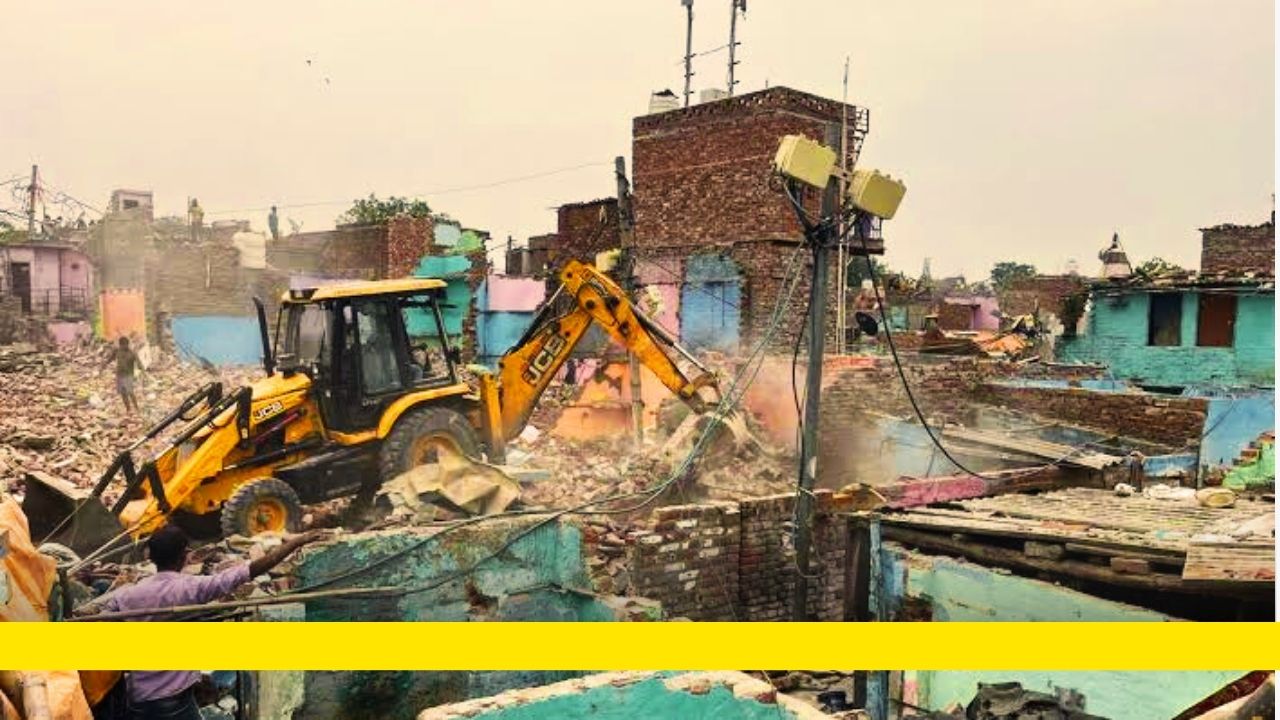
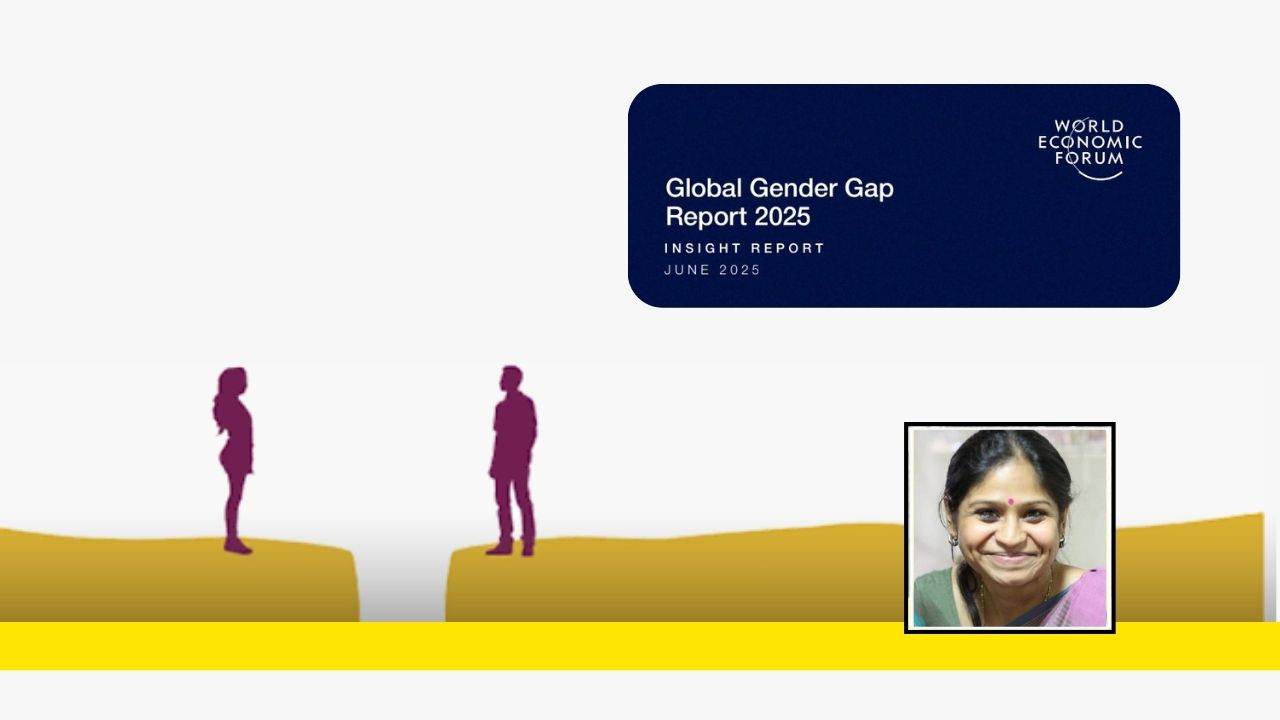
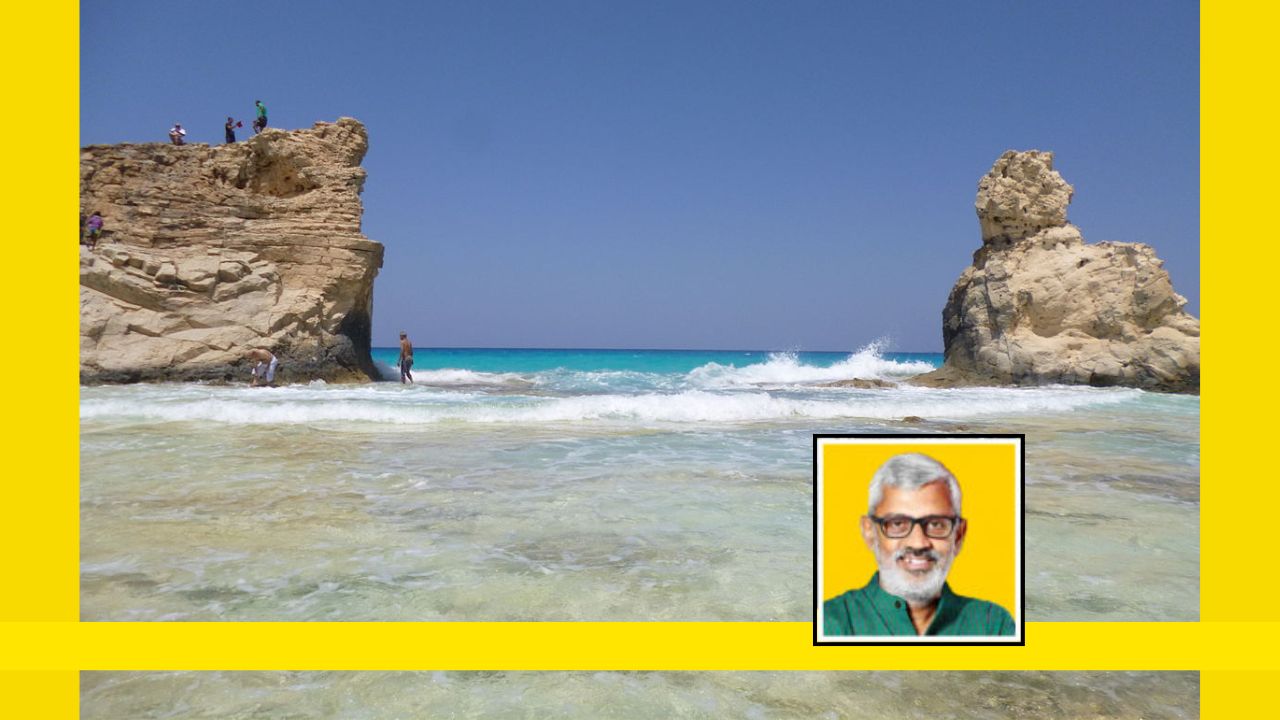
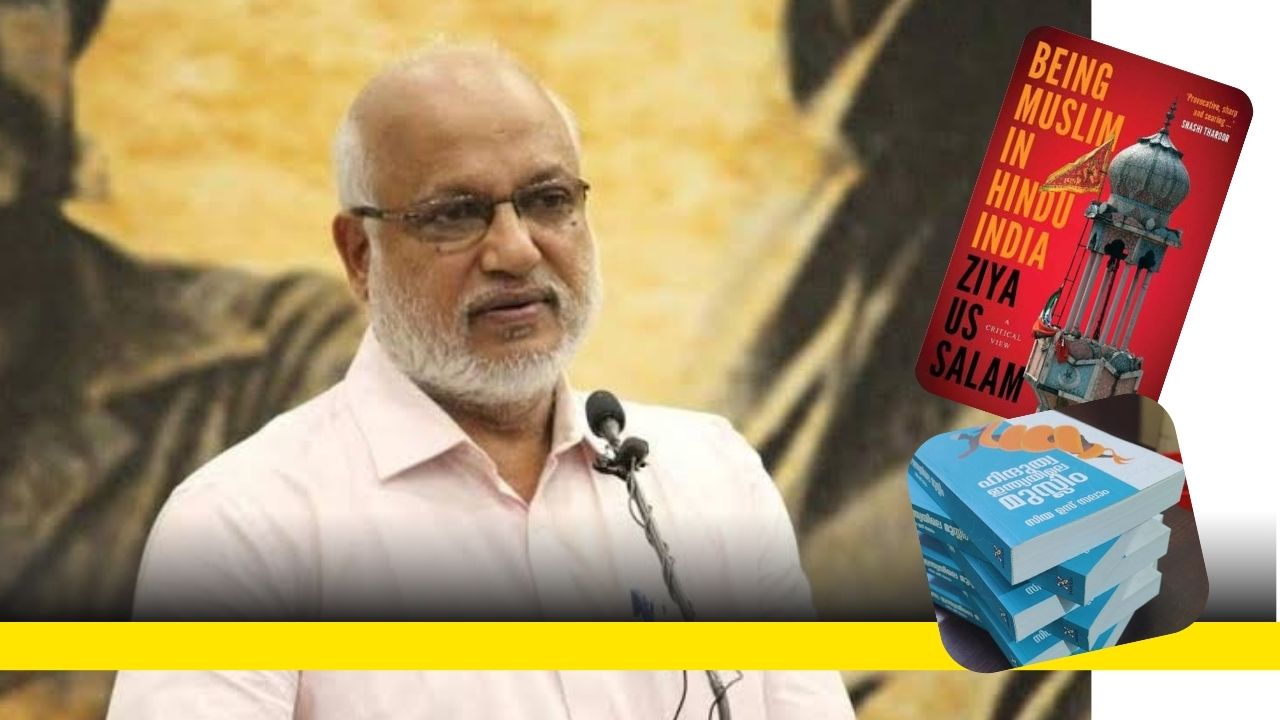




What a beautiful tribute , straight from the heart , rich with invocation of wonderful moments of togetherness. Big Salute to the writer